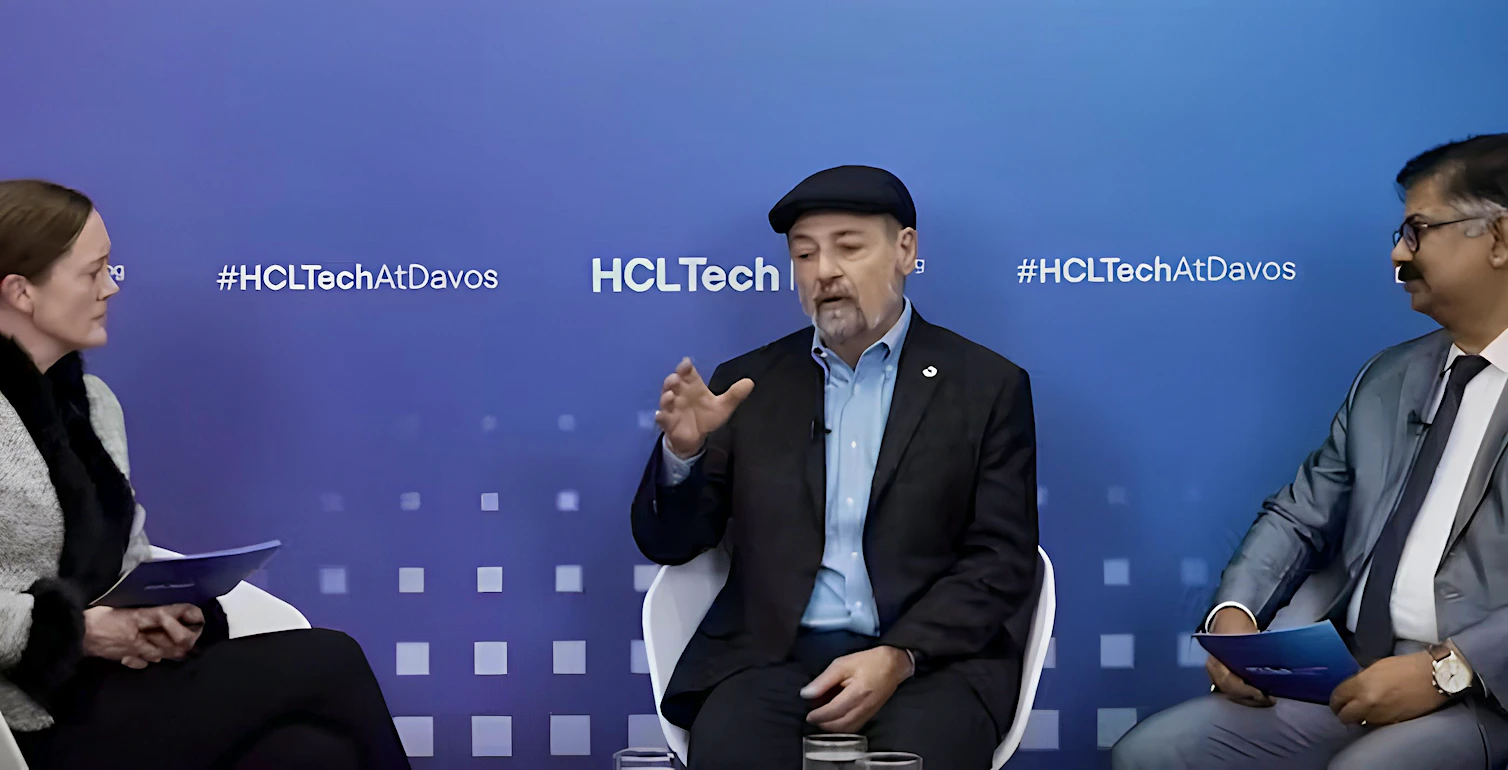As sustainability begins to play a fundamental role in a customer’s decision criteria for products and services, private companies will need to be more engaged on climate policy.
Organizations and countries negotiating multilateral agreements often do so under the belief that the public will be more receptive of costly policies if other countries or organizations join the agreement. This approach, known as multilateralism, makes it more likely that important Sustainable Development Goals (SDGs) are met and that those efforts are viewed as fair.
Private multilateralism, in the context of sustainability multilateralism, is how the private sector can collectively learn and cooperate for a greater cause, such as climate change. At the World Economic Forum 2023 in Davos, Switzerland this week, experts from the private sector discussed how private multilateralism can spur innovation and generate sustainable communities across the planet.
Private sector role in sustainability
The private sector is where innovation and creativity can thrive, as well as a sense of entrepreneurialism to move innovation along. When the United Nations established SDGs, there was an explicit call for the private sector to participate. HCLTech’s Global Head of Sustainability, Santhosh Jayaram, said that at last year’s United Nations Climate Change Conference (COP27), he saw firsthand how important it is for the private sector to be “more engaged” on policy.
“The majority of the world’s top 100 economies are companies,” Jayaram said. “So, these companies need to be there at the table to decide on and charter future policies as well.”
Chairman and CEO of Pure Storage Charlie Giancarlo gave examples of initiatives that his company is using in work with suppliers and consumers to address climate change, including developing products that are 10 times more efficient in powering and cooling a majority of data storage today.
“It is really looking forward to how we can achieve the kind of lifestyle that we all want to have, but using far fewer resources, whether that’s energy or materials and waste products to be able to accomplish the same thing,” said Giancarlo.
Jayaram added to Giancarlo’s analysis by mentioning that creating specific use cases with innovations is key, as well as the “social side of the impact.” As an example, he cited the use case in which HCLTech is partnering with companies like Advantech, Intel and Radar Visibility to establish an AI-powered smart surveillance system in Mexico City communities. The system overcame security challenges and improved the perception of safety in the communities where it is active.
“So, you have the technologies, but you can also innovate as to how you put the technologies toward the best results,” Jayaram said.
Predictions for the future of the private sector
One fundamental question for private multilateralism in terms of sustainability is: can the private sector really step in and step up? Giancarlo says fundamentally, yes, but provided a short- and long-term prediction for the private sector and sustainability.
“The recent energy crisis is caused by the war in Ukraine, and as unfortunate as that is for many of the economies around the world, it’s accelerating the focus around the reduction of energy utilization and sustainability,” said Giancarlo. He adds that not long ago, customers didn’t appear to care much about how much energy their solutions required, but that today “it’s a fundamental part of their decision criteria.”
On a longer term basis, Giancarlo suggests that over the next decade, the private sector will be able to more coherently measure and deliver to their customers an easy way to understand the sustainability of their solutions. Additionally, a common measurement system across all companies could be in place by the end of the decade.
Alternatively, Jayaram would like to see government change its role to defer investments from defensive sectors to technologies for sustainability. With interest rates going up, money is becoming more expensive, which Jayaram points out is when investments tend to drift towards defense spending.
“Currently, when we’re evaluating our decisions, the return on investment is only looked at from a financial return,” said Jayaram. “But if we start looking into the overall sustainability return on investment in the proper valuation of environmental and social benefits, I think the government can be that catalytic tool.”



